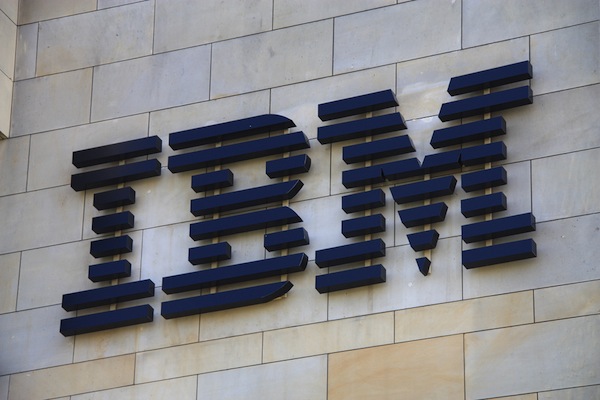IBM creates faster, longer lasting memory technology

IBM’s researchers have found a way to build computer memory that’s incomparably faster to anything we have today. Besides being that much faster, it’s also more enduring and dense. Sounds a bit like science fiction, doesn’t it?
The new technology is called PCM, or phase-change memory, and it revolves around storing three bits of data per cell. It doesn’t lose data when powered off, and it can live through "at least" ten million write cycles (average USB stick can endure some 3,000 cycles).
The company said the new technology’s application is wide. It can be used as storage, as RAM memory or cache. It gives a couple of interesting examples, saying a mobile phone’s operating system could be stored in such memory, offering booting up in just a few seconds.
PCM could also be used to store large data sets, for extremely fast query processing.
"Phase change memory is the first instantiation of a universal memory with properties of both DRAM and flash, thus answering one of the grand challenges of our industry", said Dr. Haris Pozidis, an author of the paper and the manager of non-volatile memory research at IBM Research - Zurich. "Reaching three bits per cell is a significant milestone because at this density the cost of PCM will be significantly less than DRAM and closer to flash".
So basically, we can have a memory module that’s extremely fast, very durable, usable in various instances, and at a price close to flash memory. Yes, please.
Published under license from ITProPortal.com, a Net Communities Ltd Publication. All rights reserved.